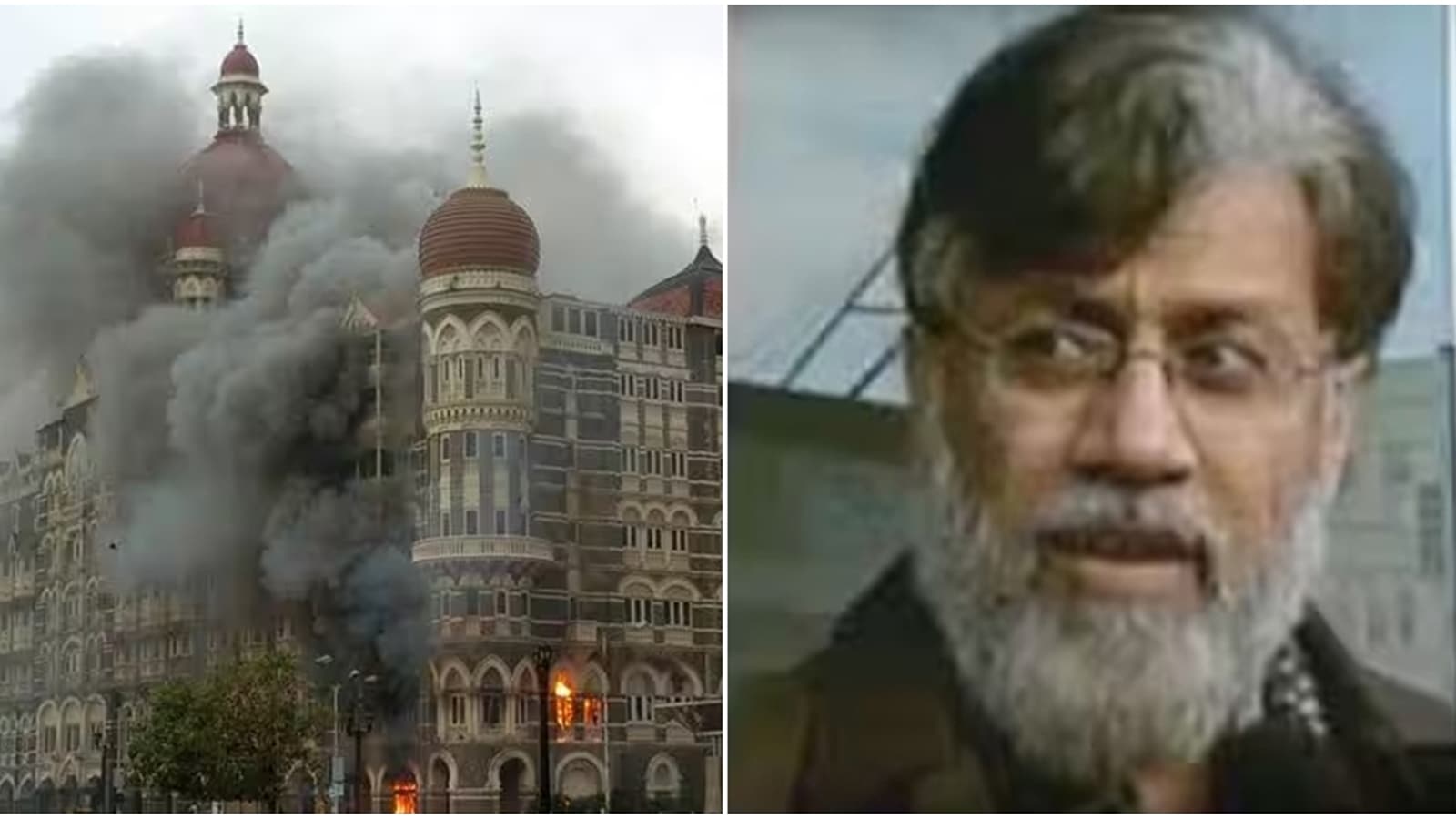
Rana, 63, had previously exhausted legal avenues in lower federal courts, including the U.S. Court of Appeals for the Ninth Circuit in San Francisco. In a last-ditch effort to avoid extradition, he filed a petition for a writ of certiorari with the Supreme Court on November 13, 2024. The U.S. Solicitor General, Elizabeth B. Prelogar, representing the federal government, urged the Supreme Court to deny this petition, asserting that Rana was not entitled to relief from extradition. On January 24, 2025, the Supreme Court declined to hear Rana's appeal, effectively upholding the lower courts' decisions and authorizing his extradition to India.
Rana's legal battles have centered on the principle of "double jeopardy," arguing that he had already been tried and acquitted in the United States for charges related to the Mumbai attacks. However, the U.S. government contended that the charges brought by Indian authorities contained distinct elements not present in the U.S. case, thereby permitting extradition under the bilateral treaty between the two nations. The Ninth Circuit Court had previously affirmed this interpretation, stating that the treaty's non bis in idem (double jeopardy) clause did not apply because the offenses charged in India were separate from those adjudicated in the U.S.
Rana, a former physician and businessman, was previously convicted in a U.S. federal court for providing material support to the terrorist organization Lashkar-e-Taiba (LeT) and for involvement in a foiled plot to attack a Danish newspaper. He was sentenced to 14 years in prison but was granted compassionate release in 2020 due to health concerns amid the COVID-19 pandemic. Following his release, India formally requested his extradition to stand trial for his alleged role in facilitating the Mumbai attacks.
The 2008 Mumbai attacks, carried out by ten militants associated with LeT, targeted multiple locations over a span of 60 hours, including the Taj Mahal Palace Hotel, the Oberoi Trident Hotel, and the Nariman House Jewish community center. The coordinated assaults drew international condemnation and led to increased counterterrorism cooperation between India and the United States.
